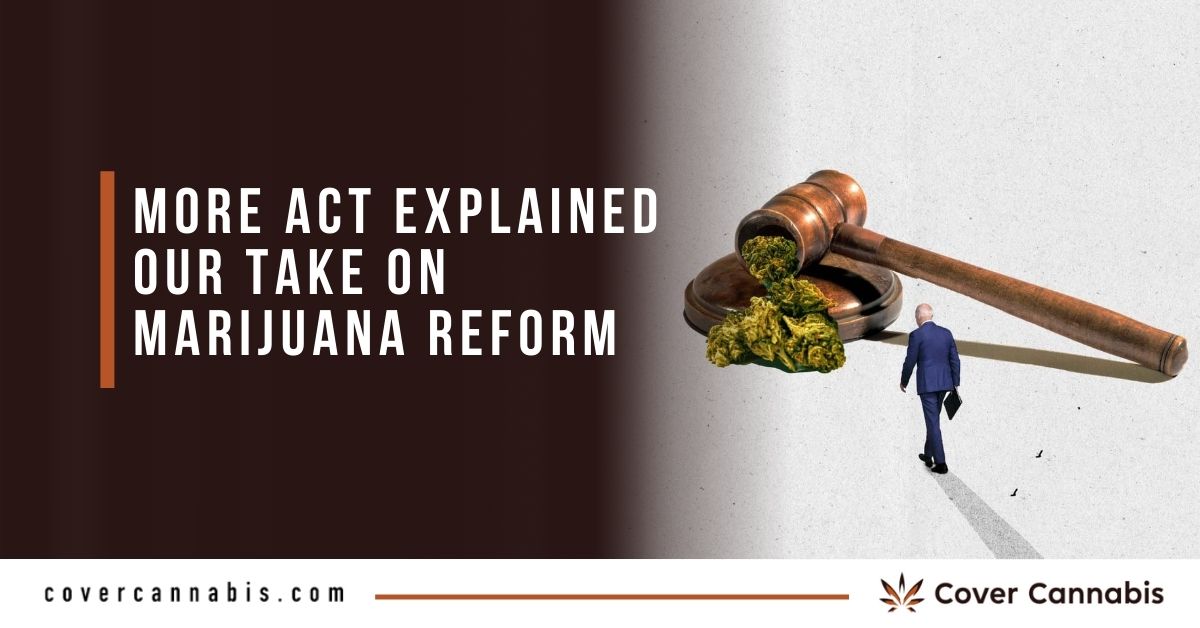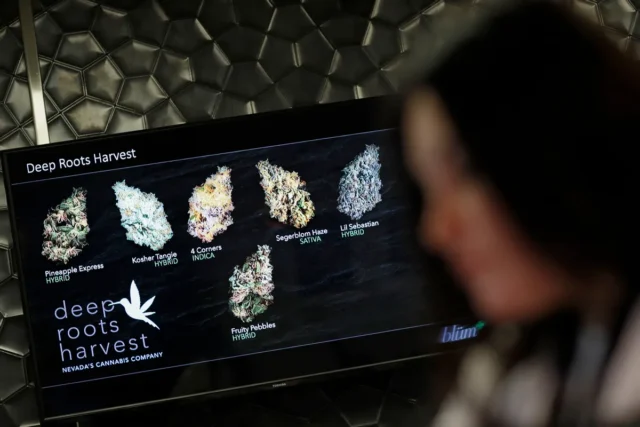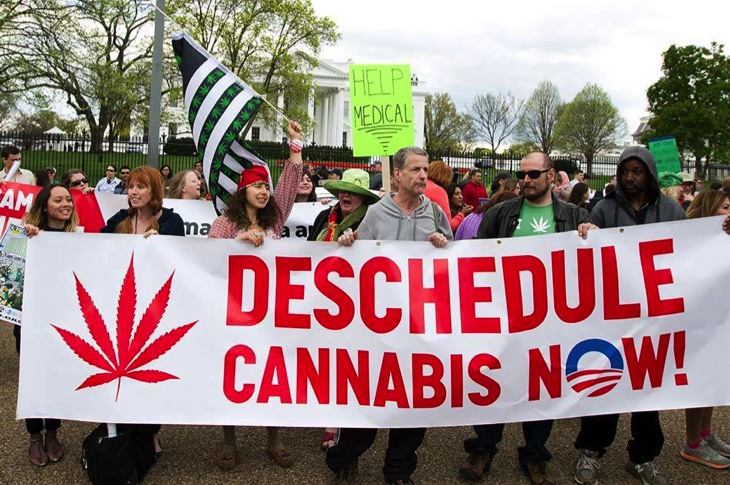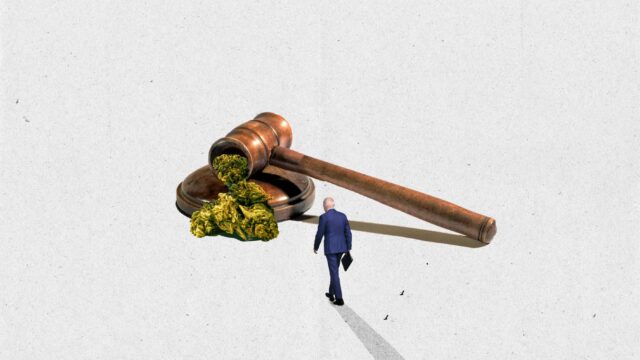


The Marijuana Opportunity Reinvestment and Expungement Act (MORE Act) was proposed by Representative Jerrold Nadler from New York 1. Recently, it gained attention again when the U.S. House of Representatives passed it on a vote of 220 to 204. This bill aims to decriminalize marijuana by removing it from the list of scheduled substances under the Controlled Substances Act. As we can see, it’s a significant piece of legislation related to cannabis in the United States.
Here’s a breakdown of its key components:
The MORE Act aims to decriminalize marijuana by removing it from the list of scheduled substances under the Controlled Substances Act. This means that the federal government would no longer penalize individuals for manufacturing, distributing, or possessing marijuana1.
A central aspect of the MORE Act is addressing past injustices caused by the war on drugs. It proposes to establish a trust fund to support programs for individuals and businesses in communities disproportionately affected by drug enforcement policies2.

(AP Photo/John Locher)
The Act introduces an excise tax on cannabis products produced in or imported into the U.S., as well as an occupational tax on cannabis production facilities. The revenue generated would support the Act’s initiatives2.
The MORE Act would make Small Business Administration (SBA) loans and services available to cannabis-related legitimate businesses, acknowledging the economic potential of the industry2.
Under the MORE Act, individuals would not be denied federal public benefits based on certain cannabis-related conduct or convictions, ensuring equal access to essential services2.
The Act protects individuals from being penalized under immigration laws for events related to the possession or use of cannabis that is no longer prohibited2.
The MORE Act establishes a process for expunging convictions and conducting sentencing review hearings related to federal cannabis offenses, aiming to correct past injustices2.

The Marijuana Opportunity Reinvestment and Expungement (MORE) Act of 2024 has sparked a significant debate in the United States. Here are some of the main arguments for and against the Act:
It’s important to note that these arguments reflect a range of opinions, and the debate is ongoing.

Christina Animashaun/Vox
The transition from an illegal to a legal market could result in the displacement of workers and businesses that operated in the informal economy. This might lead to job losses if they cannot adapt to the new legal framework1.
The legalization could lead to a surge in new businesses entering the cannabis market, potentially resulting in market saturation, increased competition, and possibly a decrease in product quality2.
The comprehensive regulatory system required for cannabis could become complex and burdensome, leading to inconsistencies in enforcement and confusion among businesses and consumers3.
The focus on recreational use could overshadow the medical cannabis industry, affecting research, development, and accessibility of cannabis for medical purposes4.
There is a concern that legalization could lead to an increase in cannabis use and possibly abuse, particularly among younger populations5.
Decriminalization may pose challenges for law enforcement in distinguishing between legal and illegal activities, especially in the initial stages of implementation6.
These are potential outcomes based on current discussions and analyses surrounding the MORE Act of 2024. The actual consequences will depend on various factors, including how the legislation is implemented and regulated.